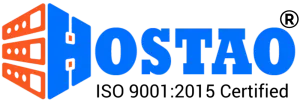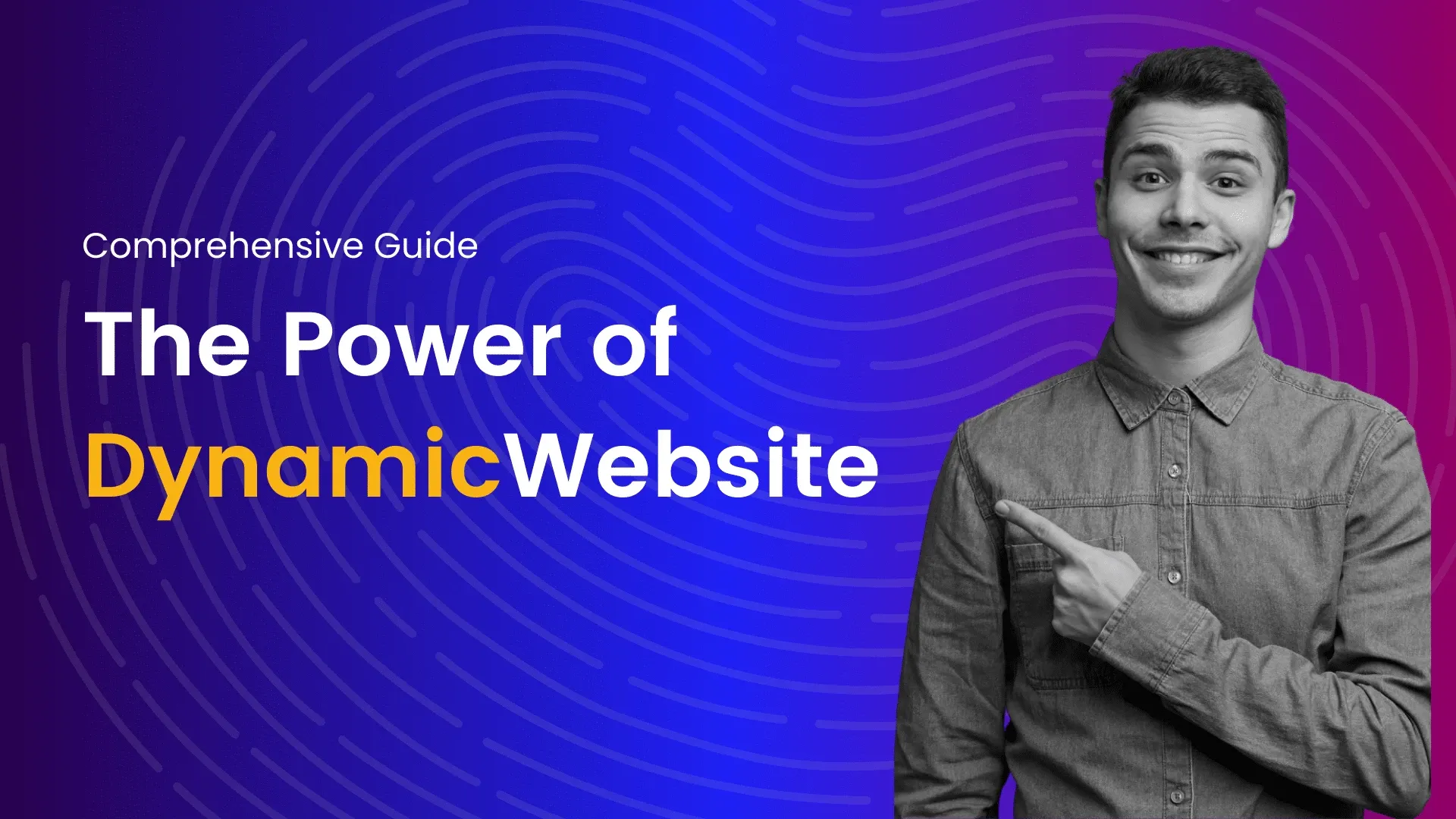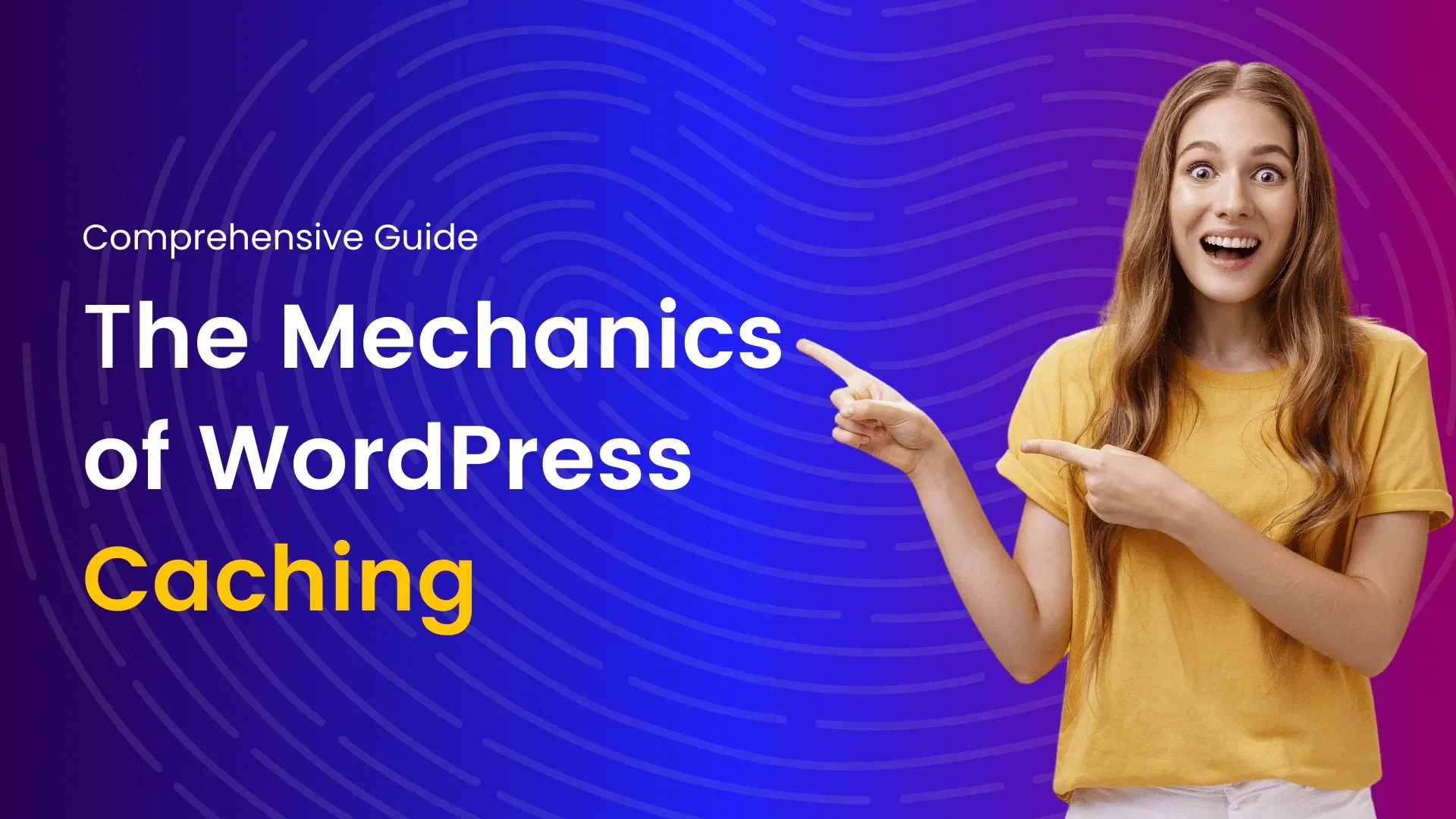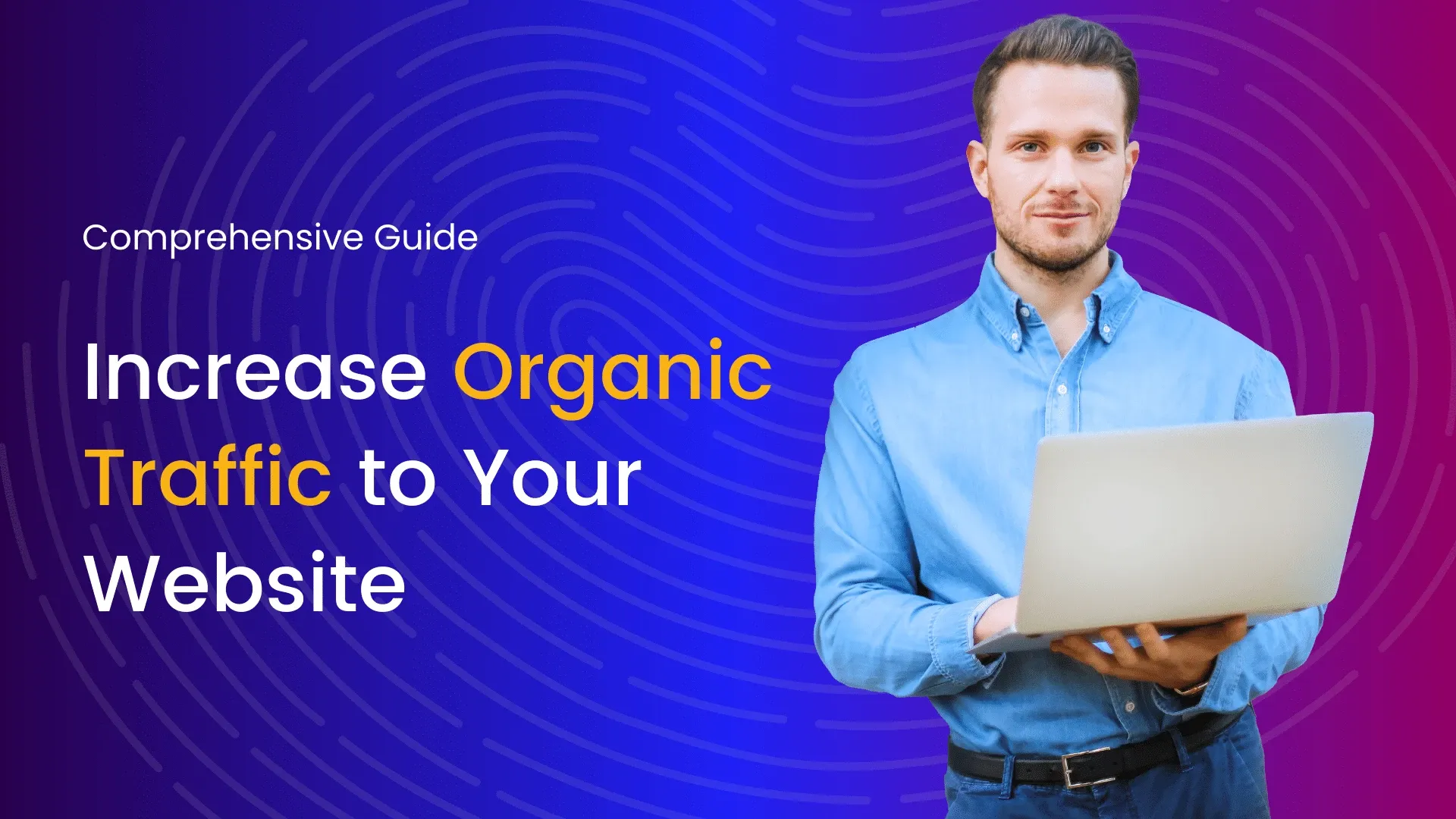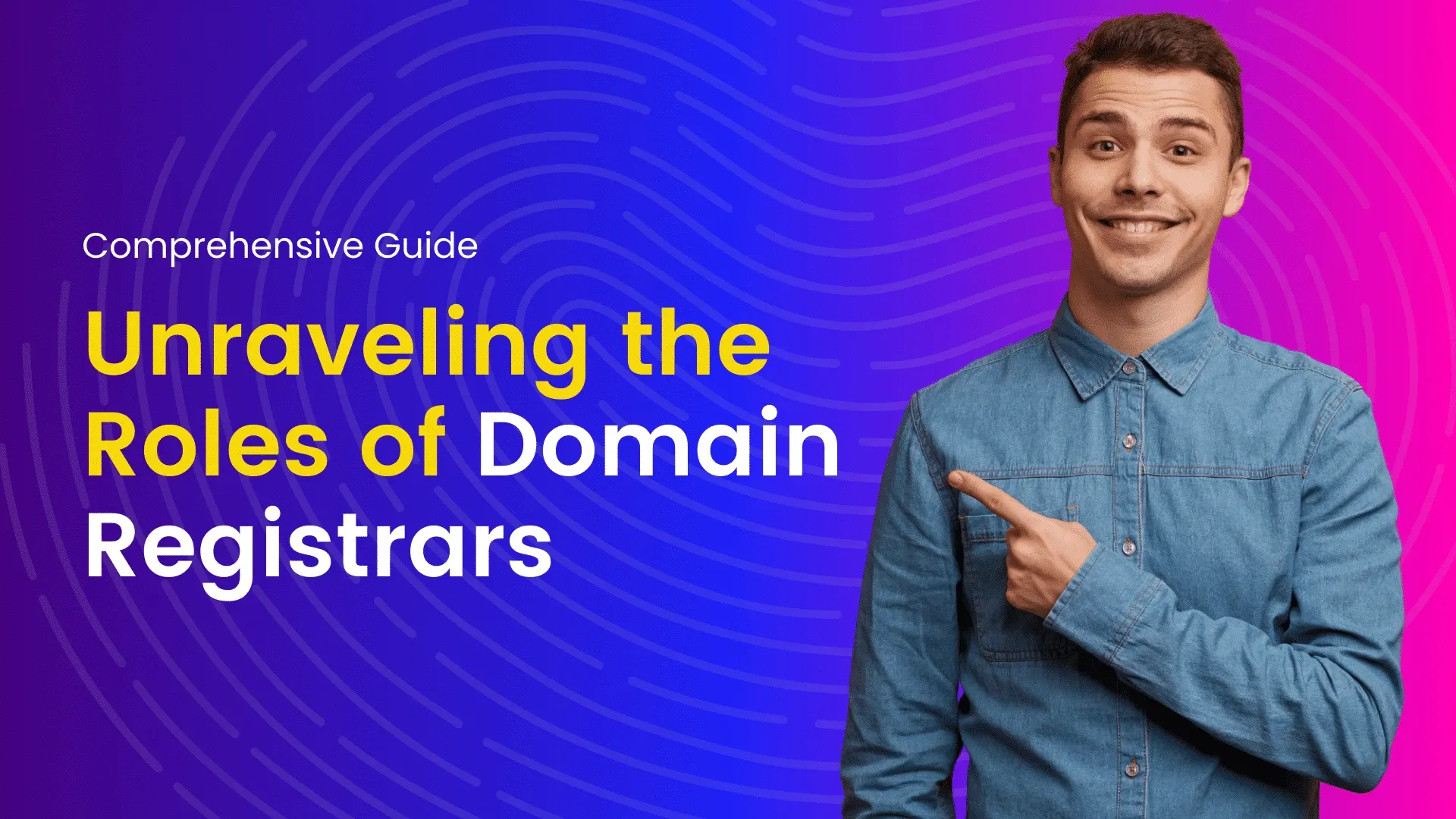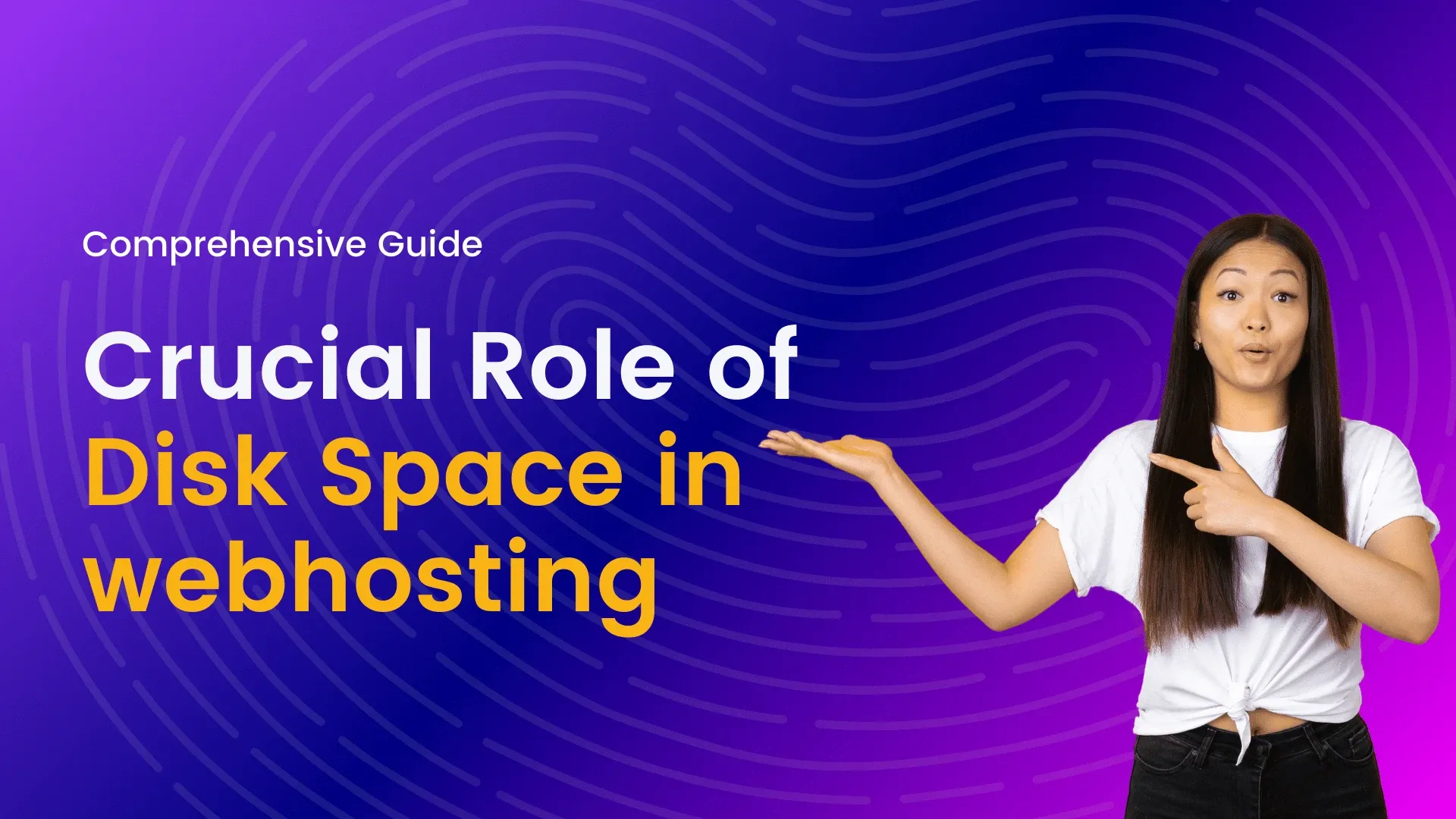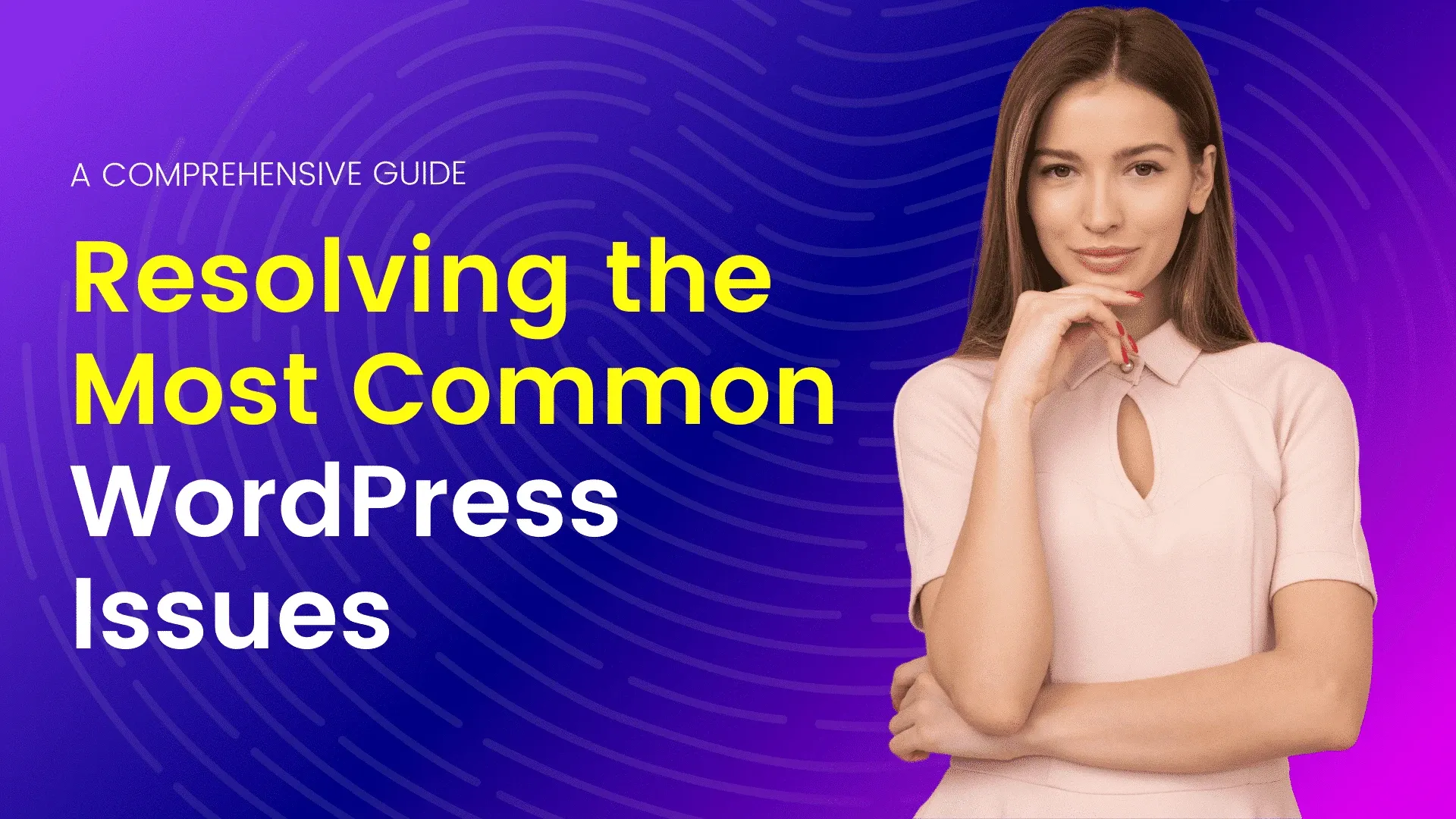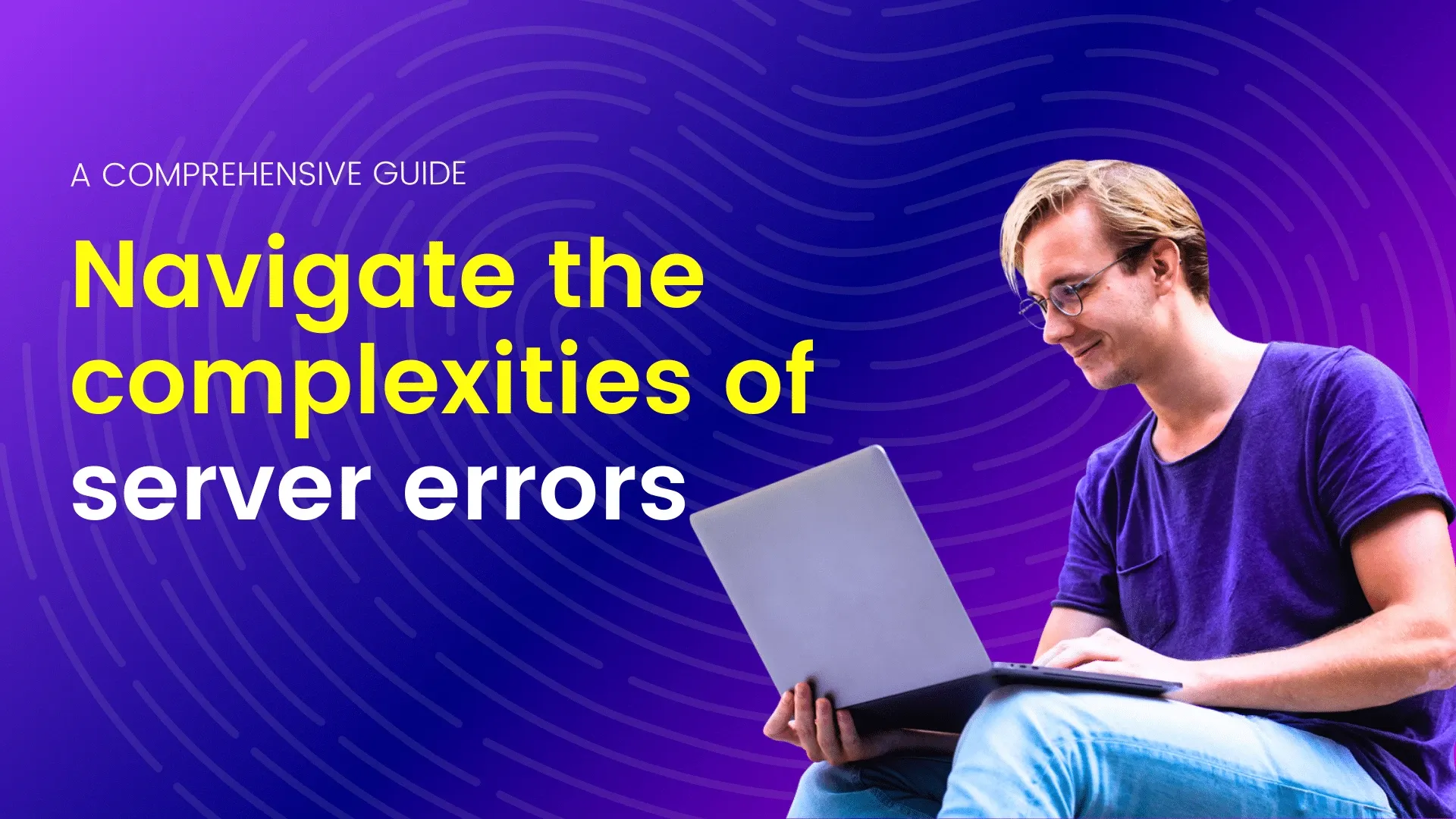In the ever-evolving landscape of online commerce, selecting the right technology stack is crucial for building a successful and scalable ecommerce platform. Laravel, a popular PHP web application framework, has gained significant traction in recent years due to its elegant syntax, robust features, and developer-friendly environment. In this article, we will explore how Laravel can be a game-changer for your ecommerce venture and contribute to its success.
Rapid Development with Laravel
Laravel is renowned for its developer-friendly approach, allowing rapid development of feature-rich applications. Its elegant syntax, expressive codebase, and the MVC architecture streamline the development process. Ecommerce projects often have tight deadlines, and Laravel’s comprehensive ecosystem of packages, along with the Artisan command-line tool, enables developers to build and iterate quickly.
Eloquent ORM for Database Interactions
Laravel’s Eloquent ORM (Object-Relational Mapping) simplifies database interactions, making it easier to manage and query data. Eloquent’s intuitive syntax enables developers to work with databases using PHP code, eliminating the need for complex SQL queries. This feature proves invaluable in the ecommerce domain, where efficient data management is crucial for seamless customer experiences.
Leveraging Blade Templating Engine
Blade, Laravel’s templating engine, provides a clean and efficient way to write views. Its straightforward syntax encourages the separation of concerns, making it easier to manage and maintain frontend code. For ecommerce websites, where a visually appealing and user-friendly interface is paramount, Blade empowers developers to create dynamic and responsive views.
Building Scalable Ecommerce Applications
Laravel’s scalability is a key factor in its success. As your ecommerce business grows, Laravel’s modular structure allows for seamless scalability. The framework’s support for microservices architecture and RESTful APIs enables developers to build scalable and distributed systems that can handle increased traffic and growing product catalogs.
Security Features in Laravel
Security is of utmost importance in ecommerce applications, and Laravel comes equipped with robust security features. From protecting against SQL injection and cross-site scripting (XSS) attacks to providing a secure authentication system, Laravel prioritizes the safety of your ecommerce platform and customer data.
Integration of Payment Gateways
Laravel simplifies the integration of popular payment gateways, facilitating secure and seamless transactions. Whether you choose to integrate PayPal, Stripe, or other payment providers, Laravel’s extensibility and documentation make the process straightforward. This is crucial for building trust with customers and ensuring a positive shopping experience.
Community Support and Packages
Laravel boasts a vibrant and active community, contributing to the framework’s continuous improvement. The Laravel ecosystem includes a vast array of packages and extensions that can be easily integrated into your ecommerce project. From authentication and authorization to inventory management, the Laravel community provides a wealth of resources to enhance your ecommerce application.
Testing and Quality Assurance
Laravel’s built-in testing tools and support for PHP Unit facilitate comprehensive testing of your ecommerce application. Ensuring the reliability and stability of your platform is essential for customer satisfaction. Laravel’s testing capabilities help developers identify and address issues early in the development process, reducing the likelihood of bugs affecting the live site.
Why Laravel Stands Out for Ecommerce?
In the competitive realm of ecommerce development, choosing the right framework is paramount to the success of your online business. Laravel, a PHP web application framework, has emerged as a standout choice for ecommerce ventures. In this article, we will delve into the distinctive features that set Laravel apart in the ecommerce landscape, making it an optimal framework for building scalable, secure, and feature-rich online stores.
-
Elegance and Developer-Friendly Syntax
Laravel’s appeal begins with its elegant syntax and developer-friendly approach. With a clean and expressive codebase, Laravel simplifies the development process, making it a joy for developers to work with. This elegance leads to increased productivity, faster development cycles, and easier maintenance—an invaluable asset in the fast-paced world of ecommerce.
-
MVC Architecture for Structured Development
Laravel adopts the Model-View-Controller (MVC) architectural pattern, providing a structured and organized way to develop applications. For ecommerce projects, this separation of concerns is crucial for managing complex business logic, user interfaces, and database interactions. The MVC architecture ensures code modularity and maintainability, allowing developers to create scalable and robust applications.
-
Eloquent ORM for Seamless Database Interaction
Laravel’s Eloquent ORM simplifies database interactions by allowing developers to work with databases using object-oriented syntax. This feature is particularly beneficial for ecommerce platforms with extensive product catalogs and customer data. Eloquent makes it easy to perform database operations, such as querying and updating records, reducing the complexity of managing relational databases.
-
Blade Templating Engine for Dynamic Views
Blade, Laravel’s templating engine, facilitates the creation of dynamic and visually appealing views. In the ecommerce world, where user experience is paramount, Blade empowers developers to craft responsive and feature-rich interfaces. Its intuitive syntax and support for template inheritance make it a powerful tool for designing and maintaining the frontend of ecommerce applications.
-
Scalability and Modular Development
Laravel’s modular structure and support for modern development practices, such as microservices architecture, make it a scalable solution for growing ecommerce businesses. As your online store expands, Laravel allows you to seamlessly integrate new features, scale your infrastructure, and handle increased traffic—all without compromising performance or introducing complexities.
-
Security Features for Safe Transactions
Security is a top priority in ecommerce, and Laravel is equipped with robust security features. From protection against common web vulnerabilities like SQL injection and cross-site scripting (XSS) to providing a secure authentication system, Laravel prioritizes the safety of your ecommerce platform and customer data, instilling trust and confidence in your users.
-
Integration of Payment Gateways
Laravel simplifies the integration of popular payment gateways, a critical aspect of any ecommerce application. Whether it’s connecting with PayPal, Stripe, or other payment providers, Laravel’s extensibility and clear documentation make the integration process straightforward. This ensures a smooth and secure transactional experience for your customers.
-
Active Community and Abundance of Packages
Laravel boasts a thriving community of developers, contributing to the framework’s continuous improvement. The Laravel ecosystem includes a plethora of packages and extensions that can be easily integrated into your ecommerce project, reducing development time and enhancing functionality. The active community provides support, resources, and solutions to common challenges faced in ecommerce development.
Expanding the Laravel Ecommerce Ecosystem
As the world of online commerce continues to evolve, the Laravel framework has emerged as a standout choice for building robust and scalable ecommerce applications. While Laravel’s development capabilities are well-documented, this article explores the broader ecosystem surrounding Laravel in the context of ecommerce. From extensions and packages to community support, discover how Laravel’s expansive ecosystem contributes to the growth and success of ecommerce ventures.
-
Laravel Packages Tailored for Ecommerce
Laravel’s ecosystem is rich with packages designed specifically for ecommerce development. These packages cover a wide range of functionalities, including payment gateway integrations, inventory management, order processing, and more. By leveraging these pre-built solutions, developers can accelerate the development process and ensure the reliability of critical ecommerce features.
-
Shopping Cart Solutions
One of the fundamental components of any ecommerce platform is a robust shopping cart system. Laravel offers several dedicated packages that streamline the implementation of shopping cart functionalities. These packages provide features such as session management, product addition/removal, and order calculations, allowing developers to focus on customizing the shopping experience for their specific business requirements.
-
User Authentication and Authorization
Laravel simplifies user authentication and authorization, crucial aspects of any ecommerce platform. With Laravel’s built-in authentication system, developers can easily implement secure user registration, login, and password recovery processes. Additionally, Laravel’s authorization features enable fine-grained control over user access, ensuring that sensitive ecommerce functionalities are protected.
-
Eloquent Extensions for Ecommerce Models
Eloquent, Laravel’s elegant ORM, is complemented by various extensions tailored for ecommerce models. These extensions enhance the capabilities of Eloquent, making it easier to manage complex relationships, handle product attributes, and optimize database queries. Leveraging these extensions allows developers to create efficient and scalable database structures for ecommerce applications.
-
Community-Driven Development
Laravel’s strength lies not only in its features but also in its vibrant and supportive community. The Laravel community actively contributes to the ecosystem by developing and maintaining packages, sharing best practices, and providing assistance through forums and online resources. This collaborative environment fosters innovation and ensures that Laravel remains a top choice for ecommerce development.
-
Vue.js Integration for Dynamic Frontends
For modern and dynamic user interfaces, Laravel’s integration with Vue.js is a game-changer. Vue.js, a progressive JavaScript framework, seamlessly integrates with Laravel, allowing developers to build interactive and reactive frontend components. This is particularly advantageous in ecommerce, where a visually appealing and responsive user interface can significantly impact user engagement and conversion rates.
-
API Development for Mobile Commerce
With the increasing prevalence of mobile commerce, Laravel’s support for API development becomes crucial. Laravel makes it easy to build robust and secure APIs, enabling seamless communication between web applications and mobile devices. This flexibility allows ecommerce businesses to reach a wider audience by providing a consistent and optimized shopping experience across various platforms.
-
Continuous Integration and Deployment (CI/CD)
Laravel supports modern development practices such as continuous integration and deployment. Integration with CI/CD tools streamlines the testing and deployment processes, ensuring that ecommerce applications are consistently reliable and up-to-date. This is essential for maintaining a competitive edge and adapting to rapidly changing market demands.
Building Blocks of a Laravel Ecommerce Platform
In the fast-paced world of online commerce, building a robust and scalable ecommerce platform is essential for success. Laravel, a powerful PHP web application framework, has gained widespread acclaim for its developer-friendly features and elegant syntax. In this article, we will delve into the key building blocks that constitute a Laravel-based ecommerce platform, providing insights into how each element contributes to the creation of a seamless and feature-rich online shopping experience.
-
Foundations with Laravel’s MVC Architecture
At the core of any Laravel application, including ecommerce platforms, lies the Model-View-Controller (MVC) architecture. This organizational structure separates the application logic into three interconnected components, facilitating code modularity, maintainability, and scalability. In the context of ecommerce, models represent data entities (products, orders), views handle presentation and user interface, while controllers manage application flow and user input.
-
Eloquent ORM for Data Management
Laravel’s Eloquent Object-Relational Mapping (ORM) simplifies database interactions, allowing developers to work with databases using PHP syntax rather than raw SQL queries. In an ecommerce context, Eloquent streamlines the management of product catalogs, customer data, and order processing. This powerful ORM enables developers to focus on business logic rather than database intricacies, enhancing productivity and code readability.
-
Blade Templating Engine for Dynamic Views
Blade, Laravel’s templating engine, provides an expressive and efficient way to create dynamic views. In an ecommerce setting, Blade allows developers to design visually appealing and responsive interfaces. Its intuitive syntax encourages the separation of concerns, making it easier to manage frontend code and adapt to evolving design requirements.
-
Authentication and Authorization
Ecommerce platforms demand robust user authentication and authorization mechanisms. Laravel simplifies these crucial aspects with built-in features, allowing developers to implement secure user registration, login, and access control. Ensuring that only authorized users can perform specific actions is paramount for protecting sensitive customer and business data.
-
Shopping Cart Implementation
A shopping cart is the digital basket that holds a customer’s selected items before checkout. Laravel offers dedicated packages and tools for implementing a secure and efficient shopping cart system. Developers can leverage these resources to manage product additions, removals, and calculate order totals, providing a seamless shopping experience for users.
-
Payment Gateway Integration
Facilitating secure and smooth transactions is a cornerstone of ecommerce platforms. Laravel’s extensibility allows for straightforward integration with popular payment gateways like PayPal, Stripe, and others. Ensuring the security of payment transactions is crucial for building trust with customers and fostering a positive online shopping experience.
-
Middleware for Custom Business Logic
Laravel’s middleware feature enables developers to inject custom logic into the HTTP request-response cycle. In an ecommerce context, middleware can be utilized to implement features such as promotions, discounts, and personalized recommendations. This flexibility allows developers to tailor the ecommerce platform to the specific needs and goals of the business.
-
API Development for Scalability
With the growing prominence of mobile commerce and third-party integrations, Laravel’s support for API development is invaluable. Creating RESTful APIs ensures seamless communication between the ecommerce platform and various devices or external services. This flexibility contributes to the scalability and adaptability of the platform as it expands to meet evolving business requirements.
Conclusion
Laravel offers a powerful and flexible framework for building successful ecommerce applications. Its emphasis on developer productivity, scalability, security, and a supportive community make it an ideal choice for entrepreneurs and development teams looking to create robust and feature-rich online stores. By harnessing the capabilities of Laravel, you can embark on a journey towards ecommerce success, providing a seamless and satisfying experience for both merchants and customers alike.
In the competitive world of ecommerce, Laravel stands out as a comprehensive and effective framework for building successful online stores. Its combination of elegance, scalability, security, and a supportive community make it a prime choice for entrepreneurs and development teams aiming to create robust and feature-rich ecommerce applications. By harnessing the power of Laravel, you can set the foundation for a thriving online business, providing a seamless and satisfying experience for both merchants and customers alike.
Building a Laravel ecommerce platform involves orchestrating these essential building blocks to create a cohesive, secure, and user-friendly experience. Laravel’s commitment to simplicity, modularity, and scalability makes it a powerful choice for ecommerce development. By leveraging the strengths of Laravel’s MVC architecture, Eloquent ORM, Blade templating engine, and other features, developers can craft ecommerce platforms that not only meet but exceed the expectations of both merchants and customers in the dynamic world of online commerce.
